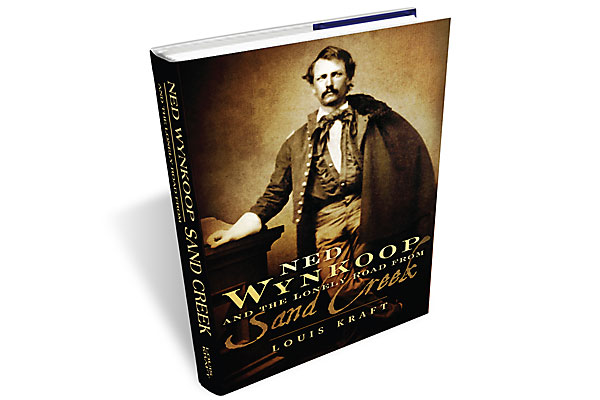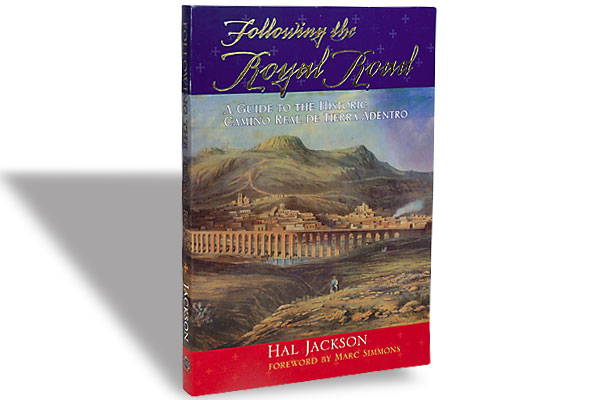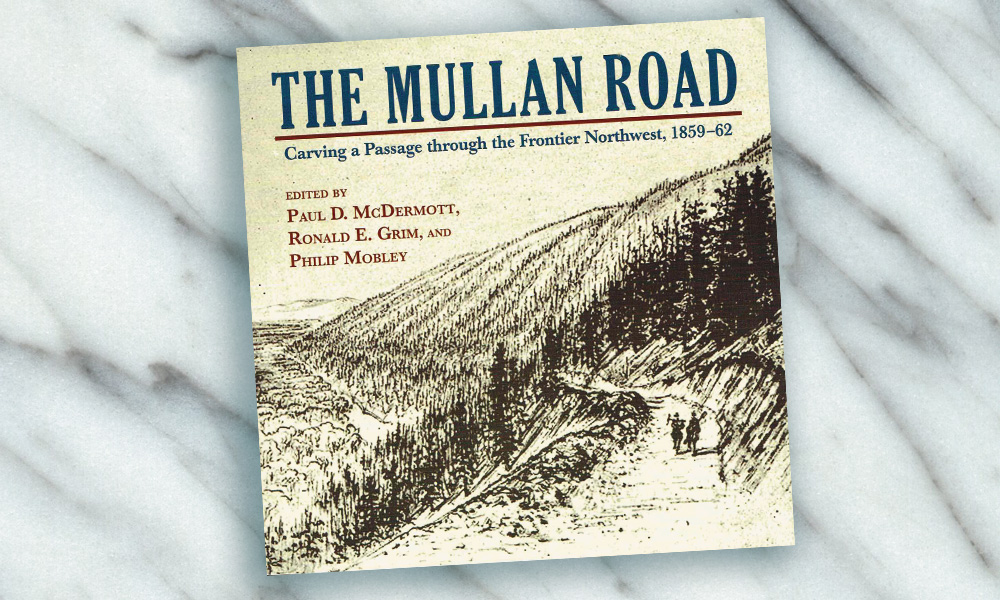 Kraft walks the reader over the dusty trails with Wynkoop to the point that the reader gets to know Wynkoop’s most intimate activities as he evolved in the American West. —Donald L. Vasicek, filmmaker of The Sand Creek Massacre (Olympus Films+)
Kraft walks the reader over the dusty trails with Wynkoop to the point that the reader gets to know Wynkoop’s most intimate activities as he evolved in the American West. —Donald L. Vasicek, filmmaker of The Sand Creek Massacre (Olympus Films+)
The Sand Creek Massacre is without a doubt the darkest episode in Colorado history, and it remains controversial to this day. Some writers put Edward Wanshaer Wynkoop in the center of that controversy. This first biography on Wynkoop places his involvement in its true historic context.
The book is rich in the details of Wynkoop’s early life. He served as a sheriff in Denver. For the Civil War, he enlisted with Company A, of the 1st Regiment of Colorado Volunteers, a career move that ultimately led to his appointment as commander of Fort Lyon in May 1864. While he was at Fort Lyon, controversy began to surround Wynkoop’s actions prior to the Sand Creek Massacre, a tragedy he did not participate in, but would investigate.
Louis Kraft expertly lays out Wynkoop’s actions, supported by military and eyewitness accounts, including those from Wynkoop’s unpublished memoir. While he exposes the shortcomings that led to Wynkoop’s reassignment from Fort Lyon, Kraft also reveals the overwhelming evidence that political forces had been in play long before the massacre.
This impressive work is not only a biography of the man, but also a concise, thoroughly-documented account of the Sand Creek Massacre. Louis Kraft has added an important volume for all researchers in this area of American history (University of Oklahoma Press, $34.95).
Louis Kraft’s special skill as a biographer is taking a figure from Western history—one whom the general public should know but does not—and telling the story of a meaningful, significant life. He did this expertly with Lt. Charles Gatewood of the Apache wars and now has repeated the feat with frontiersman Edward Wynkoop. In an American history that trumpets great “last stands,” Wynkoop spoke out against the mistreatment of the Plains Indians and made his own stand of conscience, one to be studied, remembered and admired.
—R. Eli Paul, co-author of Eyewitness at Wounded Knee (University of Nebraska Press, 2011)





